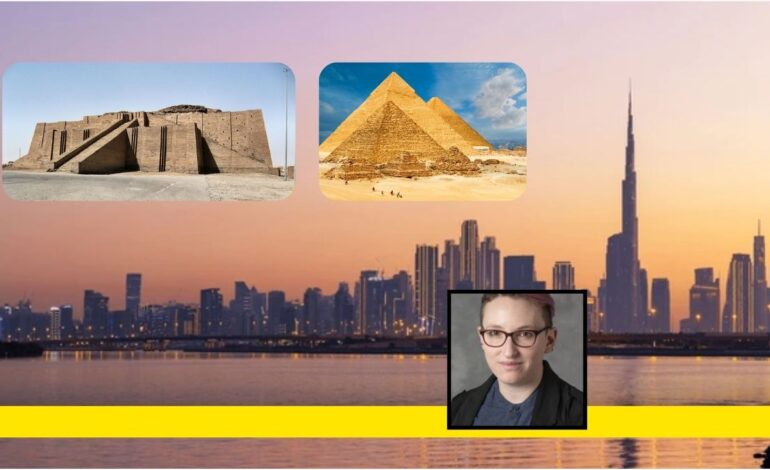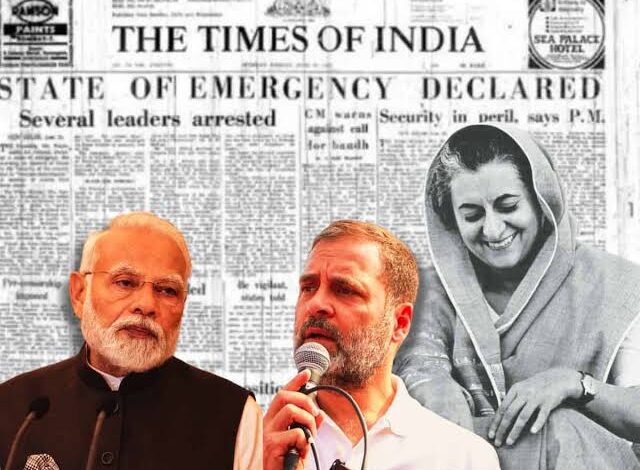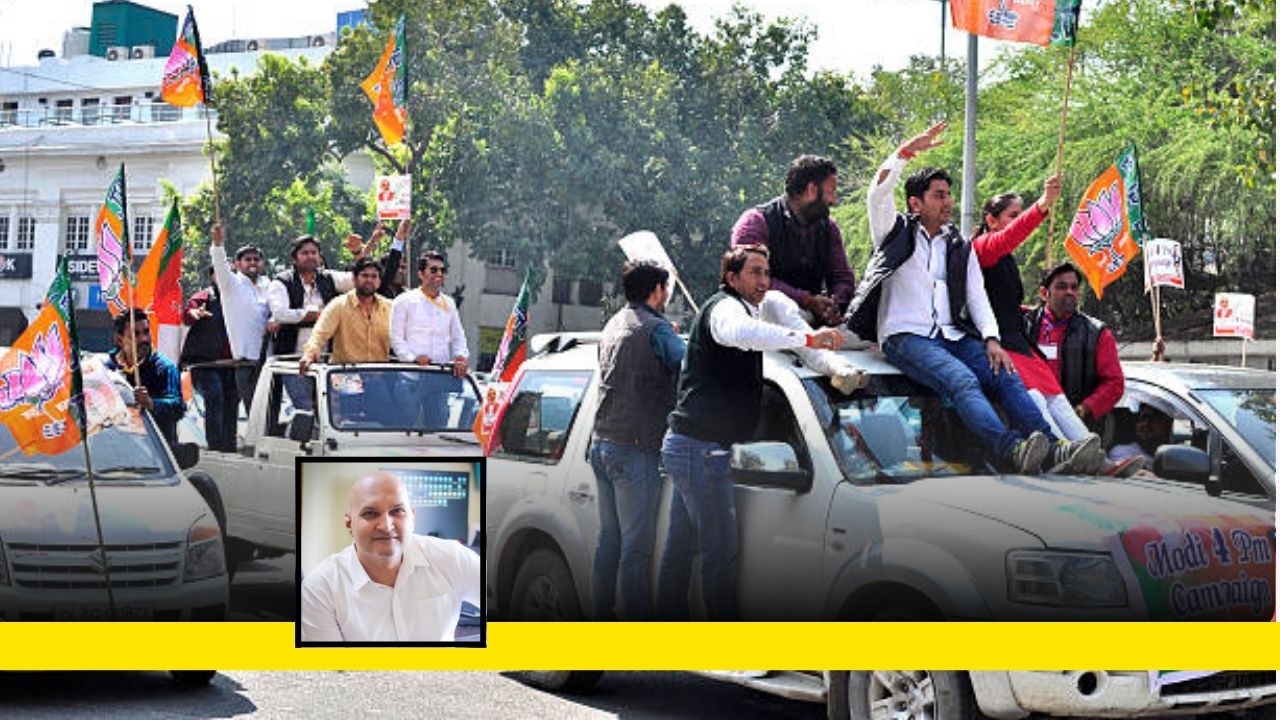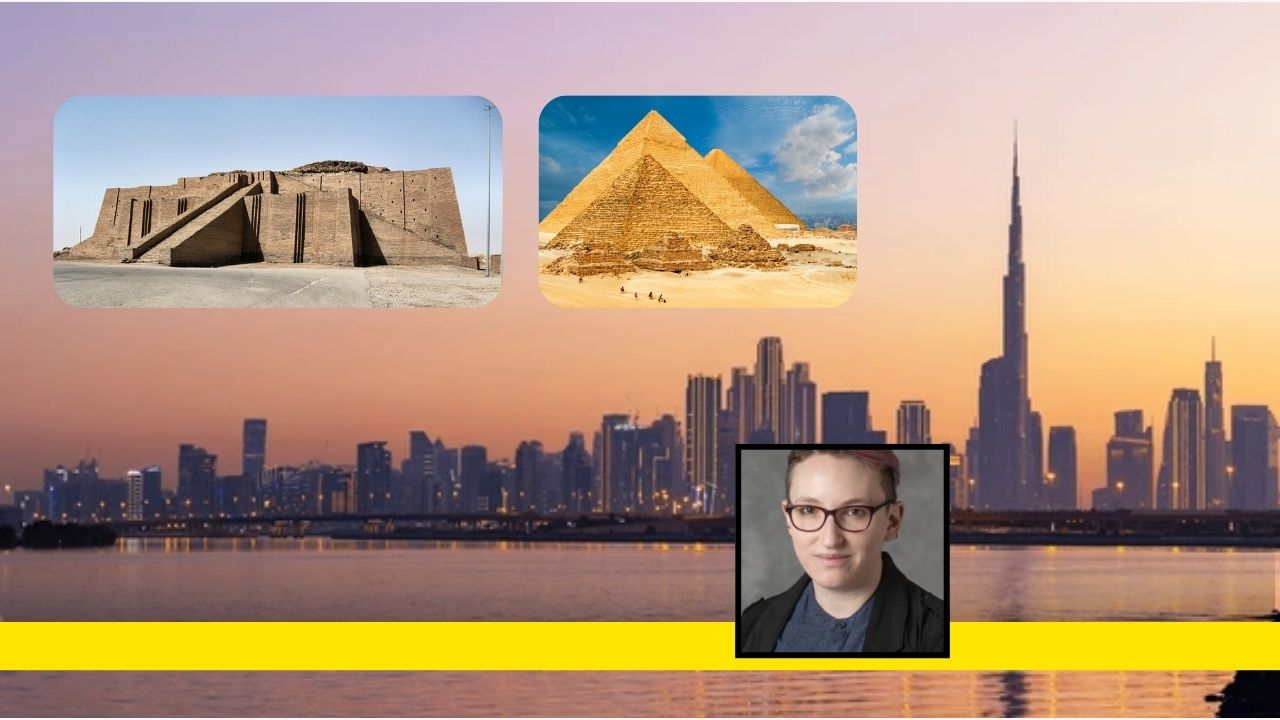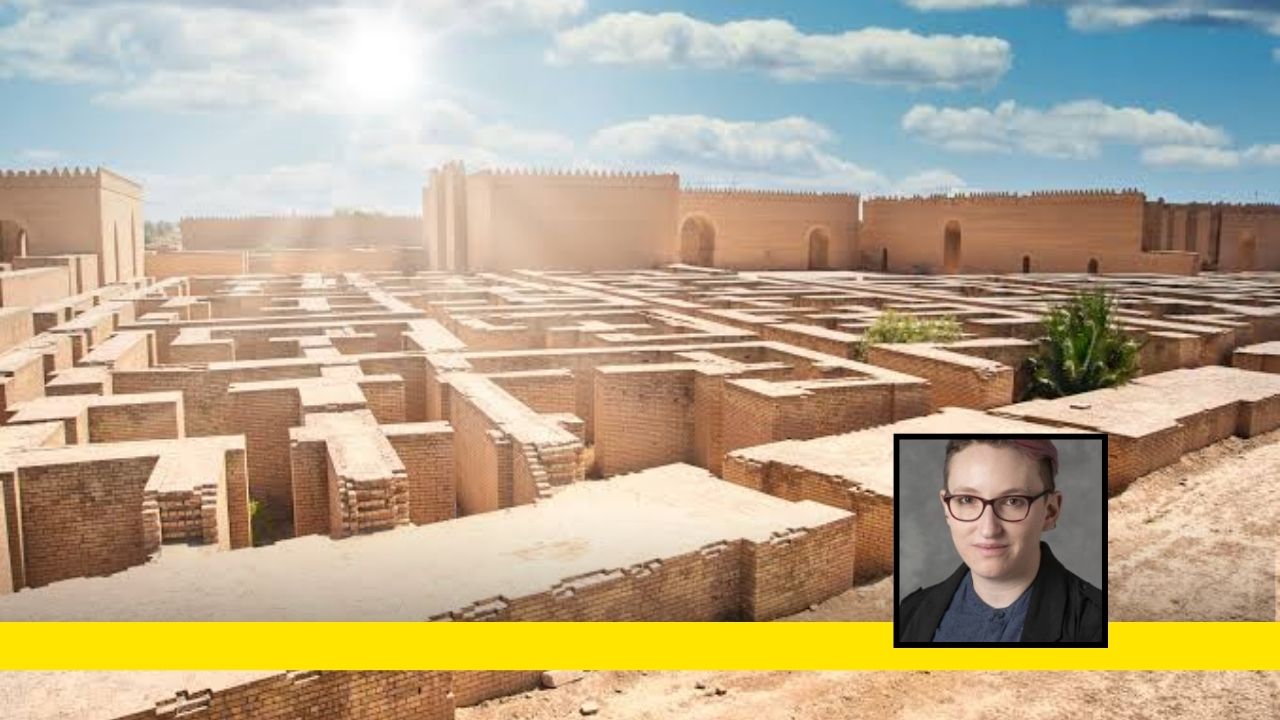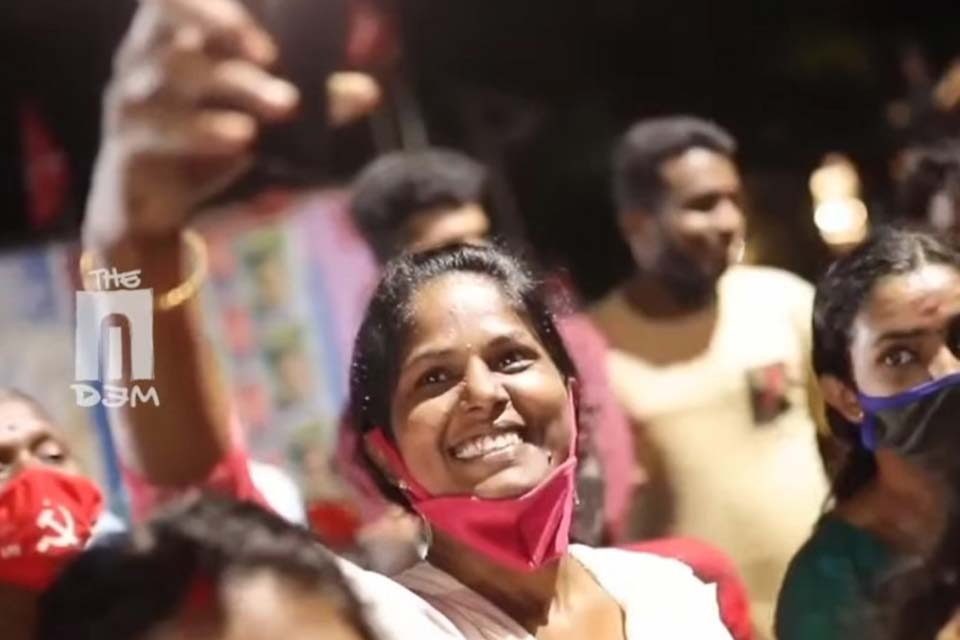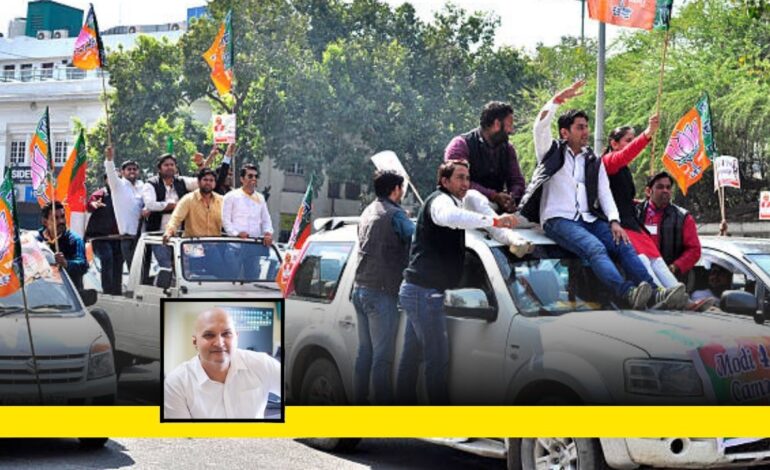
How Money and Missing Opposition are Rewriting the Rules of Democracy
“The District President asked me if I have an SUV. When I said no, he mocked me. Without a big car, how would you move around? I felt humiliated and resigned immediately.” This confession from a young political worker in Bihar lays bare a truth many only whisper: without money, you don’t just lose elections—you lose entry itself. He now works for the same party as an outsider, on a monthly payment, working on short-term assignments.
In the Hindi heartland, it is not ideology that gets you into a political organisation —it is the ability to fund convoys, hotel stays, and money for political events. “During a national conclave of the party, every district president of the youth team was asked to arrange three to five SUVs for three days at their expense. How would a normal worker arrange that kind of money?” said a young political worker from Chhattisgarh. The SUV isn’t just transportation; it’s a symbol of political capital, a badge of access.
Indeed, there are a few notable exceptions to this mammonesque political practice. For instance, Sudama Prasad, the CPI(ML)’s leader who contested elections from southern Bihar. He first became an MLA, and then won the 2024 Lok Sabha elections. Alambadi, a 4-term MLA of the Samajwadi Party (SP) from the Nizamabad constituency of Azamgarh, is similarly noteworthy. The way he lives within his frugal means and his continued political success are both striking. However, not many, including the leaders and members of most political parties, draw any lessons from these living examples of probity in public life. In fact, they react rather vociferously and refuse and resist learning from them.
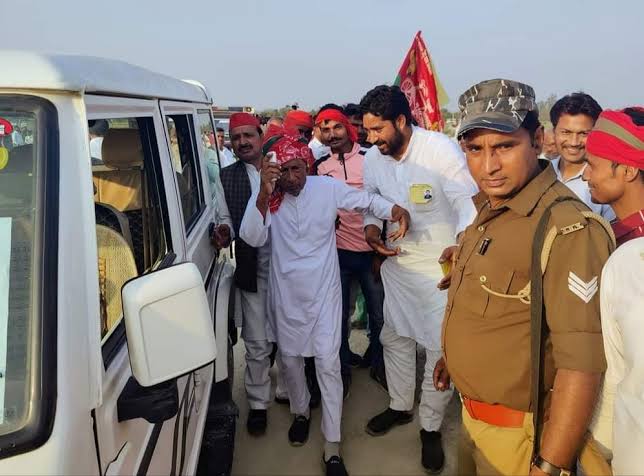
The New Political Aristocracy
The sons of ministers, contractors, and senior Government officials have quietly replaced the once-defiant political workers, not because of merit, but only because they can afford the cost of being seen. Day-to-day politics, once fueled by resolve and community service, now demands deep pockets. The deeper the pockets, the more accessible the party leadership.

This trend is not without consequences. It has deepened the economic and social inequities by favouring the rich and increasing corruption. It wasn’t always the case.
From Socialist to Capitalist India
When India loosened its trade policies and opened itself to the world economy at the turn of the 90s, it also opened the floodgates for money flow in politics. Till the ’80s, a district-level worker could survive on political goodwill and modest means. Access to public schooling, healthcare, and housing was an entitlement reinforced through relationships, not favors brokered for cash.
In 1990, India had 3 cars and 15 two-wheelers registered for every 1000 people. In 2022, that number increased to 34 cars and 185 two-wheelers, a tenfold increase in the number. With fewer cars around, senior leaders didn’t expect district-level workers to arrange cars for them. The expectation of a worker owning a car was not even thought of, forget about it being a criterion for an organisational post.
The government’s consumption survey highlights the changing consumption habits of Indians. In 1988, out of the total expenditure, an average Indian spent 64% in rural and 57% in urban areas on food items alone. In 2023, that number dropped to 46% for rural and 39% for urban. Even on food items spending, the money spent on cereals has come down from 43% to 14%, while spending on packaged food items has increased from 8% to 23%.
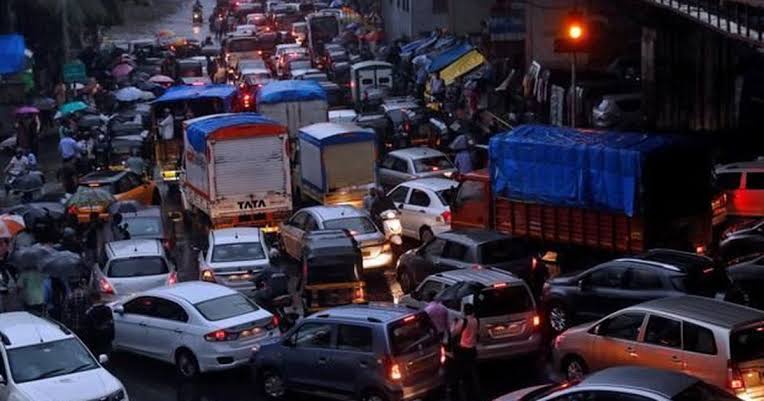
Simply put, if you belonged to a normal farmer family, which many belonged to, and had access to rice and wheat, you spent little on other things in 1988. In 2023, market forces and the social pressure that comes along with it demand that you spend on non-food items. This requires everyone, including those in politics, to spend money on things that signal status. Political connections are only meaningful if they aid in this endeavor.
Money That Politics Help You Make
In Uttar Pradesh or Bihar, politicians traditionally made money by getting the state to work for you—pension approvals, construction permits, or scheme access. Honest politicians facilitated; dishonest ones cornered government contracts through proxy companies.
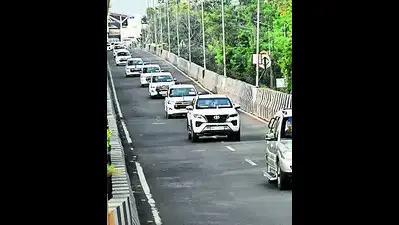
Infrastructure spending, roads especially, flows through private contractors with favorable political connections. Many politicians now acquire these contracts directly. It’s difficult to find contractors not active in politics—either as office bearers or contestants, their children filling the gaps.
But contractor-politicians have limited time for public work, especially for marginalized communities with little money. With bureaucracy, they share a transactional relationship, where every work has a price. They can’t get any work done through the goodwill that honest politicians have. This distances them from the common public. They overcome this by spending lavishly on party higher-ups through hotel bookings, SUV provisions, and election donations. However, this kind of politics requires regular power access, creating a severe disadvantage when parties lose.
The Lost Art of Political Opposition
When out of power, politicians should expose government failures and check errant bureaucracy through public embarrassment. Both tasks involve active opposition that draws government ire. For those making a living through friendliness, this ire means reduced business or complete shutdown.
For contractor politicians, switching sides or becoming invisible is easier. This trend is so prominent that protests against daily inefficiencies—electricity, water, waterlogging, broken roads, healthcare failures—are nearly extinct. District-level corruption protests suggest we’re corruption-free, but that’s hardly true. Corruption persists; the contractor politicians have gone missing. With them, the opposition parties’ ability to remain relevant while they are on the opposition benches of the legislature has vanished.
What Parties Must Do
There is still time. Bihar votes later this year, and Uttar Pradesh in early 2027. Opposition parties, if they wish to be more than symbolic placeholders, must eject the contractor class and replace them with genuine workers. It needs leaders willing to toil for the party. Not just to manage the banquet.
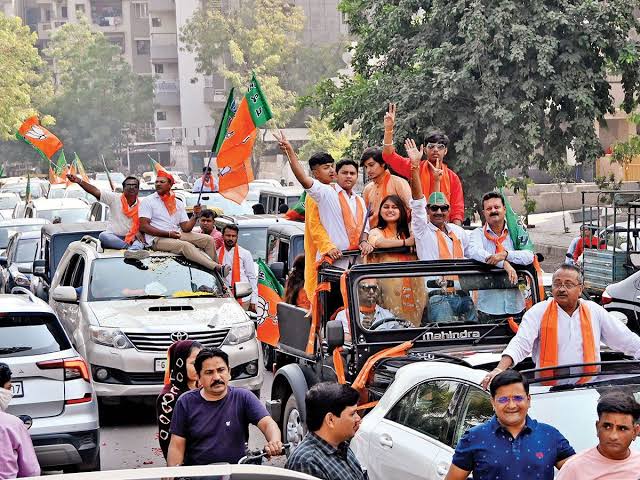
The path forward requires remembering what opposition truly means. The Late Congress leader Vasant Sathe once reminded that the opposition does not mean exile—it is an opportunity to strengthen the party. Opposition parties need to build a vocal, visible, and effective opposition at the grassroots. Leaders like Rahul Gandhi, Akhilesh Yadav, Tejashwi Yadav and others must ask themselves—Do they want to steer the downtrodden to a life of dignity or be a chauffeur of those who flourish in corruption?


